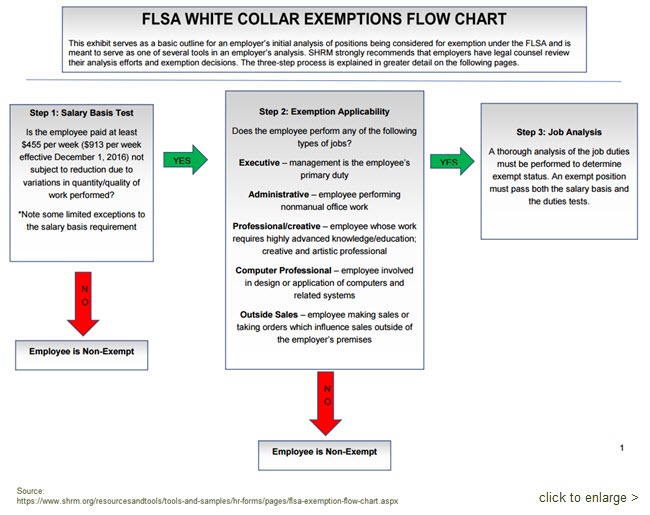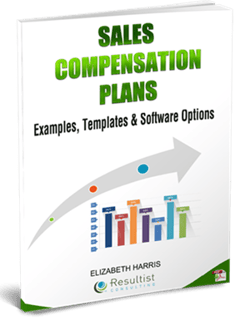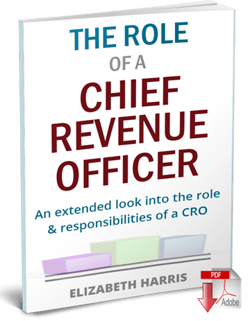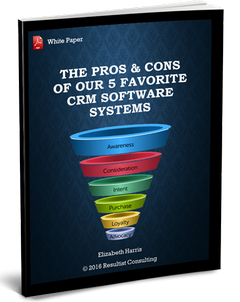In 2020, B2B sales abruptly transitioned from a face-to-face game of relationship-building to a digital game that aimed to do the same. Sales representatives traded long drives and flights for their home offices as companies nationwide closed themselves off to non-essential personnel. Video conferencing and email became the new standard as processes and systems shifted. However, the need to develop and build relationships never faltered.
Now, as companies look toward the future, they need to make difficult decisions about when to move employees back into the office, while considering the needs of both their employees and their clients. The other big issue facing employers is the variety of protocols that will need to continue and be enhanced to bring people back in safely while accounting for the fact that not everyone is planning on getting the vaccine. Ultimately, control of COVID-19 and the rate of vaccination is going to affect the speed with which we return to the workplace.
The timeframe on this decision will be heavily influenced by industry segment. Companies that have an internal focus and can work in a bubble likely have not stopped going into the office, at least to some degree. For example, manufacturers never stopped going into the plant, instead they implemented strict protocols to keep their workforce safe and on the job. However, externally focused companies, like professional services firms, started going back into the office since the first of the year, but are not interacting with clients yet. Meeting with clients and partners is still being done virtually in these settings. Most other companies will likely be back by this fall, all things equal, but not in the same way as before.





